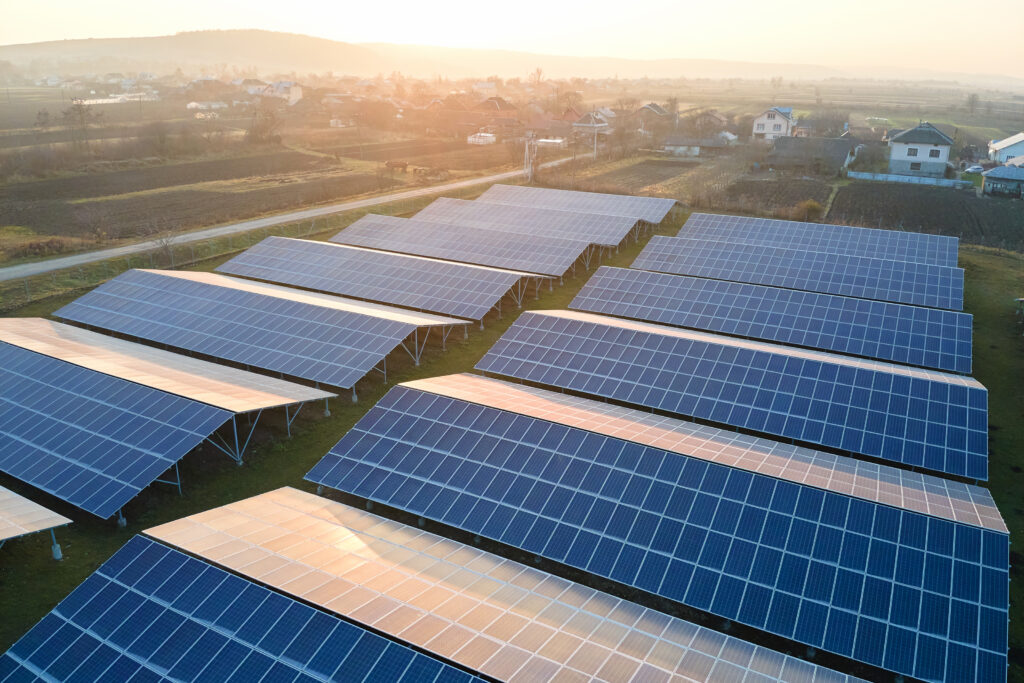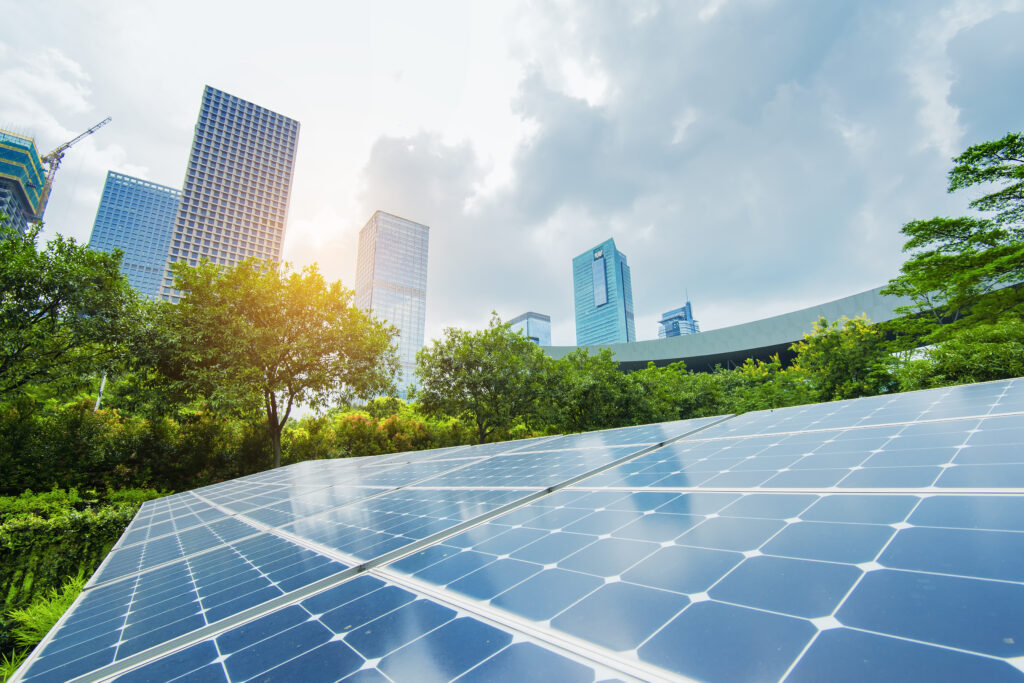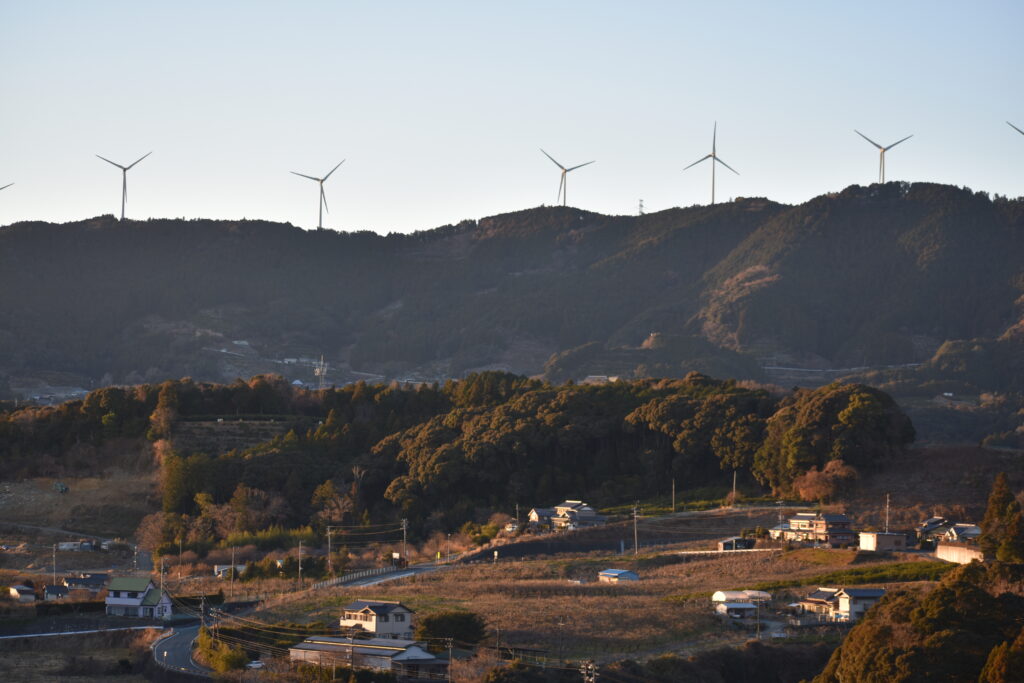NEON (Next Generation Integrated Energy Services for Citizen Energy Communities) project aims at developing and establishing a technical and business ecosystem for integrated energy services for European energy communities. These entities shall be capable of saving energy, reducing CO2 emissions, and bringing economic and social benefits while valorising the energy efficiency and flexibility at demand-side. The project, which has received funding from the European Union’s Horizon 2020 programme, will engage network stakeholders, service providers and final consumers to establish, by a co-creation process, the cross-sectoral arrangements and underlying service concepts.
NEON objectives are aligned with the Directive (EU) 2019/944 of the European Parliament and of the Council of 5 June 2019 on common rules for the internal market for electricity. This market has been progressively implemented throughout the Union since 1999. The aim is to deliver practical solutions to contribute to new business opportunities, competitive prices, high standards for services and to the security of supply and sustainability for EU customers (citizens or businesses).
The Directive (EU) 2019/944 introduced the Citizen Energy Communities (CECs) concept as a category of cooperation of citizens or local actors that should be subject to recognition and protection under the European law with the aim to enable faster market uptake, and facilitate communities, both residential and non-residential, in becoming energy efficient. In NEON, the CECs service concepts and business models will be showcased in 4 CEC setups (BERCHIDDA in Italy, DOMAINE DE LA SOURCE in France, POLÍGONO INDUSTRIAL LAS CABEZAS in Spain and STAINS CITY in France) serving as early adopters, whereby follow-up replication plans across 7 “follower” communities will be developed during the project.
Legal and financial framework for Citizen Energy Communities and cross-service integration
Europe is strongly committed in reshaping its policies to reach climate goals, working hard on several fronts to foster energy transition and support the primary role of end consumers. For sure, actions are needed for the development of energy communities and collective self-consumption within the electricity system, as well as to exploit the “unexpressed potential” of new resources for energy dispatching enhancing DR mechanisms. But several Administrative and investment barriers must be tackled.
Starting from the Clean Energy Package for all Europeans:
- The ED (Directive 2019/944) aims to qualify consumers as “active” and introduces the concept of “Citizen Energy Community (CEC)”. All consumers should benefit from direct participation in the market, shaping their consumption based on market signals experiencing lower electricity prices or monetary or non-monetary incentives.
- RED II (Directive 2018/2001) as well stresses the role of consumers that are allowed to become prosumers (producers and consumers) of renewable energy. The directive introduces the concept of Renewable Energy Community (REC) which can produce, consume, store, and sell renewable energy. Moreover, it introduced provisions on the organisation and maximum duration of the permit-granting process, regarding construction, repower and operation of renewable energy sources and their connection to the grid. It also required the Member States to establish a single contact point to guide applicants through the entire administrative process. The EU Commission is monitoring closely the transposition RED II and is assessing whether further measures are needed.
- Transversely, the access to smart meters, smart billing and informed consumption is supported in the new EED (Directive 2018/2002). EPBD (Directive 2018/844) contains provisions concerning the energy performance of buildings, a topic that is interlinked with the aforementioned.

The role of Member States in accelerating the energy transition
The full transposition of these directives into national regulatory frameworks will set the rule to a full development of the market, allowing the involved actors to express their potential and innovative drive.
To achieve EU climate objectives, a suitable framework to facilitate the massive investments involved is required. The transition to a decarbonised energy system, and particularly the development and integration of renewable energy, is hampered by overly complex and lengthy administrative permitting procedures. It is worth also noting complex structures, a lack of legal consistency and insufficient policy and regulatory frameworks and guidelines, that the commission is facing in the directives proposals presented in relation to the Clean Energy Package.
It is crucial that the Member States establish an enabling framework to tackle the remaining non-financial barriers to renewable energy projects, starting from the insufficient digital and human resources of authorities to process a growing number of permitting applications. For this reason, the EU Commission will issue a guidance in 2022, addressed to the Member States, on streamlining permitting and administrative procedures for renewable energy deployment. The document will be based on existing obstacles and best practices in the Member States.
In the end, the powerful policy actions enacted at EU level between the end of 2020 and 2022 to favour a sustainable economic recovery and response to energy crisis (e.g., EU Green Deal, Next Generation EU, the “Fit for 55” Package and REPowerEU) gave new impetus to the optimism of involved actors regarding the evolution of the European energy system in a perspective of decarbonisation.

A more in-depth analysis of these theme is available in the NEON Project Deliverable 2.1. It is the first deliverable of WP2 Contractual and financial aspects of cross-service integration and a result of Task 2.1 Legal and financial conditions for integrated energy service delivery. It is aimed to evaluate the framework for delivery of the proposed concept of integrated energy services in practice.

Italian Sustainable Investment Forum (ItaSIF)